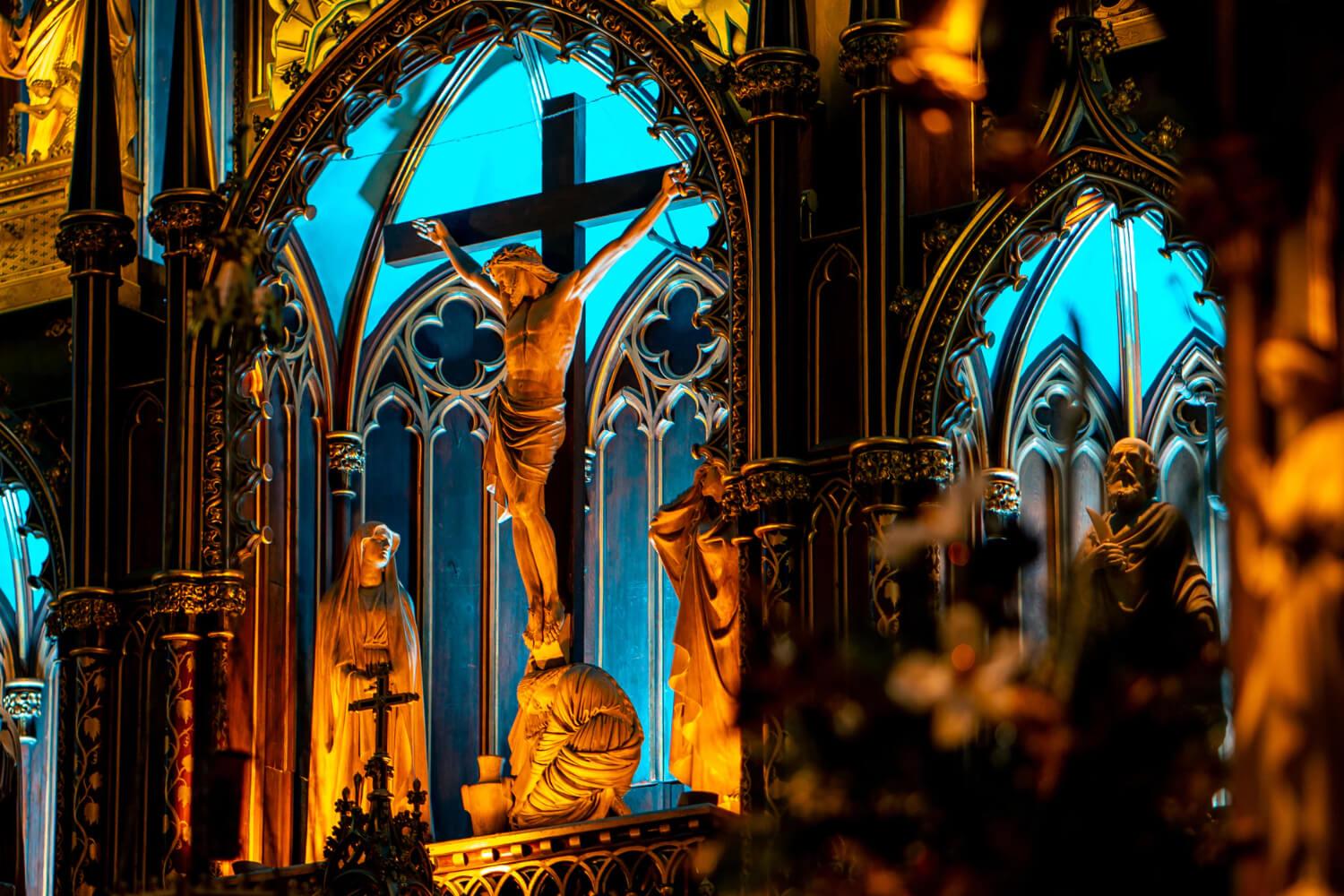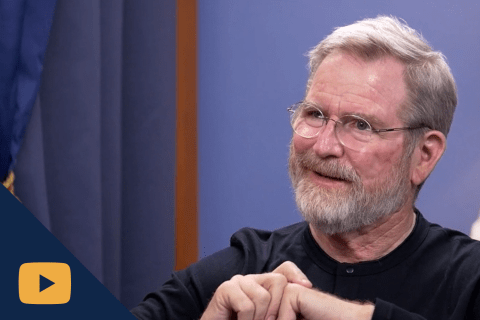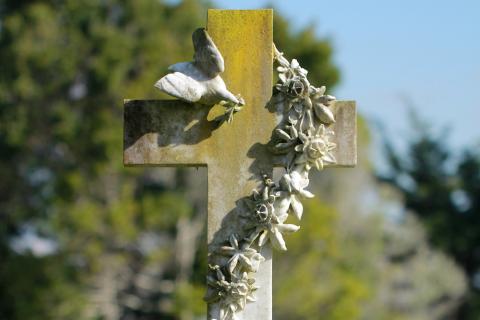
That a Catholic priest would find stable employment on the campus of a Catholic university would seem to need little explanation: there are Masses to be said, confessions to be heard, and words of comfort and counsel to be offered frequently. Nevertheless, there is a much deeper and more particular meaning to the role of the campus chaplain that strikes at the heart of the role of the university itself.
The word 'university' itself speaks of a place that unifies disparate realities and provinces of learning and living into a cohesive whole aimed at a particular goal. The university seeks to pursue universal truths through particular avenues and form individual students into a cohesive student body, while each student maintains his or her proper identity. This description of a university – while possibly shocking to those who occupy the offices of higher education today in vast, sprawling schools that could hardly articulate a common theme that unites all the different disciplines – should strike the ears of a Christian as remarkably similar to an articulation of what it means to be the Church, or the Body of Christ.
There are many members of the Body of Christ, as St. Paul teaches us, each with different roles that serve the common whole. The ear differs from the toe, as chemistry differs from politics. Yet the goal of each department and each student is to fulfill their role for the service of the whole. Additionally, all the elements of campus life are to develop the student in mind, body, and soul, inculcating virtue from top to bottom. All of this formation, whether it be intellectual, human, or spiritual, is relative to the absolute goal of each human life: in this case, the person who happens to be either student or professor in this stage of his or her earthly pilgrimage. The absolute goal, of course, is beatitude – happiness.
...there is a much deeper and more particular meaning to the role of the campus chaplain that strikes at the heart of the role of the university itself.
The complete fulfillment of the human person is to offer himself to the God who created him and for whom he was created. All the "splendid vices" of this world amount to nothing if one does not know his Creator and the great purpose that same omnipotent being deigned to bestow upon him. In other words, "If the Lord does not build the house, in vain do its builders labor."
Although it may seem a pious platitude, the work of a university, the work of a professor, and the labor of students are but vanity if not swept up in the kenotic self-emptying of Christ to bring his beloved creation into himself and return it to his Heavenly Father. This overall aim of God's Providence is enacted in our daily lives by the perfect sacrifice of the Son at Calvary, made present to us at the Holy Sacrifice of the Mass.
This activity is not incidental to campus life, but rather is the heart of the personal and corporate reality of all our labors and efforts. While it is true that an institution might impart knowledge in fits and starts, in partial and fragmentary ways sufficient to find employment for its students, the final goal of the university is essentially frustrated if it does not find expression in the final goal of all creation: the glory of God.
Thus, the chaplain is not primarily a counselor, a friend, or a mascot. The priest is the unworthy presence of Christ on campus to offer all the prayers, works, joys, and sufferings of each day, in service of the Truth who is Christ, and by him to offer the one, true, and effective work that humans can actually accomplish: participation in the saving offering of Jesus to the Father. The university chaplain in his preaching has an obligation to present this reality in the mode that particularly applies to students, emphasizing the truth they are pursuing, ultimately the person who is the Word, the Truth himself, God's self-knowledge by which we understand all things.
In the medieval university, there would have been a priestly presence in all the living quarters of each hall, a relic of which still exists today in some places. The main campus chapel would have been used for special events and hosted guest preachers at major liturgical events.
Amidst the fractured state in which universities find themselves today, the chaplain reflects a unity that ought to be present. The paucity of ordained priests on campus actually might offer the chaplain a greater opportunity to witness to the priestly ministry that participates in offering the one perfect sacrifice of the campus in one center of worship. From there, the members of the body of Christ who possess the priesthood of Jesus by virtue of their baptism proceed from that place of unity – the Mass – into the campus, witnessing to the Gospel by their lives, inviting other members of campus into the great unity they themselves have experienced.
That this would look differently today than yesterday or the day before in the mode of ingenuity or the medium of transmission is merely incidental. The mission is one with all the ages: accepting the true offer of God to his creatures for the salvation of their souls.


